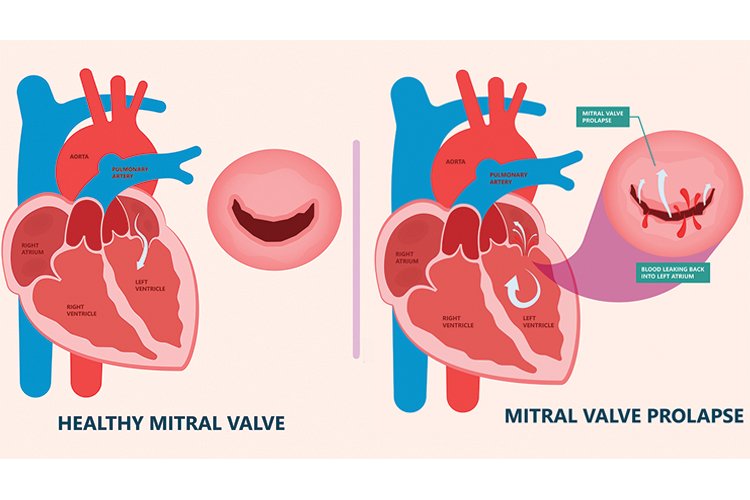Transcatheter Mitral Valve Repair
What is MitraClip?
Transcatheter Mitral Valve Repair (TMVR) using using MitraClip™ therapy offers a minimally-invasive treatment option for patients unfit for open heart surgery. Through a needle puncture in the groin, the mitral valve is repaired via a catheter guided into the heart. The MitraClip device is a small polyester wrapped metal clip that decreases mitral regurgitation by clipping together a small area of the mitral valve. The valve will continue to open and close on either side of the clip, allowing blood to flow on both sides while decreasing leakage. While the MitraClip reduces mitral regurgitation, it does not completely eliminate it.
Located in MyMichigan’s Heart and Vascular Center, this program focuses on patients suffering from mitral valve regurgitation or stenosis. Our goal is to identify mitral valve disease early and treat the disease before it impacts quality of life and progresses to congestive heart failure, atrial fibrillation or pulmonary hypertension.
Types of Mitral Valve Disease
Valve regurgitation is a backward flow of blood through the mitral valve. This occurs when the flaps of tissue called leaflets of the mitral valve don’t form a seal, allowing blood to leak into the heart’s left atrium rather than flowing forward. Mitral valve prolapse is one common cause for this.
 Valve stenosis occurs when the leaflets or cusps of the mitral valve stiffen, thicken or fuse together. This causes the valve to narrow and prevents it from fully opening. The result is restricted blood flow through the valve. If left untreated, mitral valve stenosis can lead to serious heart complications.
Valve stenosis occurs when the leaflets or cusps of the mitral valve stiffen, thicken or fuse together. This causes the valve to narrow and prevents it from fully opening. The result is restricted blood flow through the valve. If left untreated, mitral valve stenosis can lead to serious heart complications.
Mitral Valve Disease Symptoms
Symptoms may include:
- Shortness of breath, especially when lying down or exercising
- Fatigue/tiredness
- Irregular or fast heartbeat
- Lightheadedness or fainting
- Dry, hacking cough
- Pain or tightness in the chest
- Swollen feet or ankles
- Decrease in appetite
Many patients with severe mitral valve disease may have no symptoms for many years.
Diagnosing Mitral Valve Disease
In addition to a thorough patient evaluation, a variety of diagnostic tests may be performed to help diagnose mitral valve disease.
- An echocardiogram to view images of the heart’s structure and function.
- A chest X-ray to see the size and shape of your heart and evaluate your lungs.
- A transesophageal echocardiogram to get detailed 3-D views of your mitral valve.
- A cardiac catheterization to obtain an image of the blood vessels supplying the heart.
Other Treatment Options for Mitral Valve Disease
- Minimally-Invasive Cardiac Surgery - This complex surgical repair/replacement of the mitral valve using tiny incisions between the ribs on the patient’s right side. This minimally-invasive surgical technique does not require cracking the breastbone used in traditional open heart surgery. The surgeon instead inserts instruments through these incisions to perform the surgery. Additional procedures such as appendage closure, MAZE for AFib, ASD/PFO closure, clot or tumor removals, or tricuspid valve surgery will be performed if needed using the same incision. In the event of a mitral valve replacement, a mechanical valve or a cow/pig valve may be used.
- Medication Therapy - Patients suffering from functional mitral regurgitation are managed through MyMichigan’s Heart Failure Clinic. The Clinic is designed to assist patients in monitoring responses to treatment, modifying behaviors, adjusting medications, coordinating care with their cardiologist and primary care provider and facilitating referrals when needed. Medication therapy and management to control heart rate, atrial fibrillation and blood pressure are often used to treat functional heart valve disease. While medication does not prevent the progression of mitral valve disease, it can help ease the symptoms.
MitraClip™ is a trademark of Abbott.
